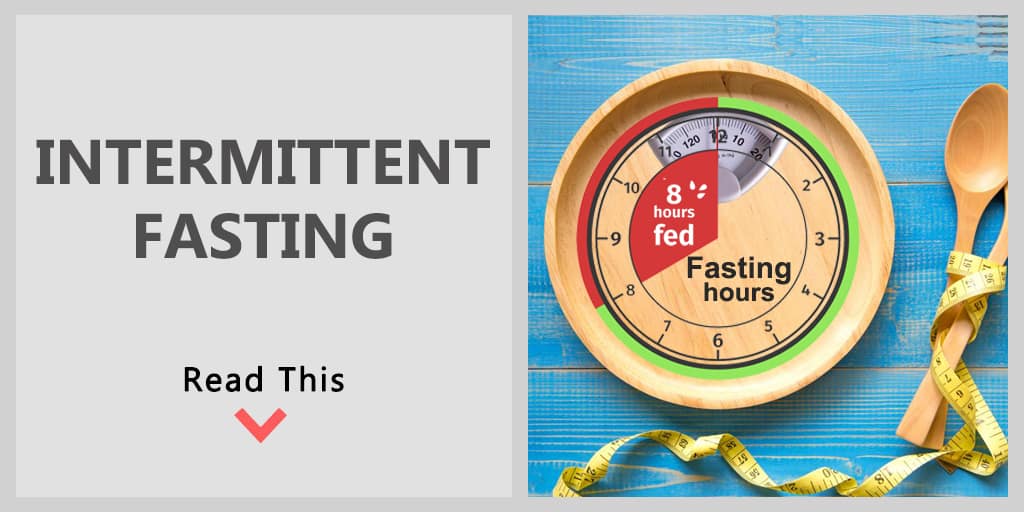If you haven’t been living under a rock for the past year and a half, you would know that Intermittent Fasting (IF) is the hottest “dieting” method across the health and fitness industry right now. IF is said to aid with digestion, weight loss, energy and potentially extend one’s longevity.
So, what is Intermittent Fasting and why all the hype? To put it simply, intermittent fasting (IF) isn’t actually a diet at all, but rather it is a style of eating where one will go through phases of eating and fasting during the day or week. Diets will generally tell you what or how much food you can eat, IF on the other hand, is an eating pattern where you follow various time frameworks as to when you can consume your food intake.
There are different intermittent fasting methods, such as the 5:2, the OMAD method and many more, essentially, all of the methods split the day or week into periods of eating and fasting. The most popular technique and the one with all the hype in the fitness industry is the 16:8 fasting method.
The 16:8 method involves fasting every day for 16 hours and restricting your daily eating window to 8 hours. In your 8 hour “feasting” window you are able to consume which ever foods you like and how often you like. Intuitive eaters, or people who don’t eat breakfast tend to do this instinctively as you are essentially just skipping breakfast using this method. To give you an example, say you finish your last meal at 7 p.m., you wouldn’t consume your first meal until 11am the next day.
What are the benefits?
Now we know just what IF is, why are people doing it? Intermittent fasting is said to have some incredible benefits, the most popular being its ability to aid in fat loss. Naturally, when something gets marketed as being able to help a person lose weight, it becomes a draw card. The way fasting can potentially aid weight loss is by creating a calorie deficit. By skipping a meal, your food consumption will generally (if you aren’t tracking), will become lower. Less food consumption can create a calorie deficit. Simply put, if calories in are less than calories out, your body will burn fat to compensate. IF can also aid in digestion and the reduction of bloating.
In addition to weight loss, IF can be an amazing tool of convivence for those who live busy lifestyles. By reducing meal frequency, there is less need to purchase, prepare and eat food.
IF also supports the reduction of inflammatory markers as you give the body more time in the “rest and digest” state when it isn’t trying to break down your food. Another healing element that IF offers is Autophagy; an important detoxification function in the body to clean out damaged cells. Autophagy can support increased longevity. Intermittent fasting is shown to improve cognitive function, brain structure, and neuroplasticity. IF can also lead to improved memory, focus and alertness.
Is IF for everyone?
Intermittent fasting is definitely not recommended for everyone, no. If you struggle with any eating disorder or are lactating or pregnant then IF is not for you.
If you are trying to get some size on your frame, due to the potential of calorie restriction, IF may not fit your goal as in order to gain muscle, you want to be in a surplus, not deficit.
What about training and IF?
If you are using the Intermittent Fasting method, you want to time your sessions so that they fall at the end of your fast, so that you can eat shortly after you’re done with your workout to refuel your muscles and aid in recovery. If you feel as though your workouts are suffering or that your recovery isn’t as efficient, IF may not be for you, and that is okay.
There are many people that have tried intermittent fasting with successful results, however, IF isn’t suited to everyone. When it comes to fasting, it’s a solo sport, if you try it and love it, great, if not, that is fine too. With dieting and dieting methods, there is no one size fits all, you are unique, and your nutrition should be too.

